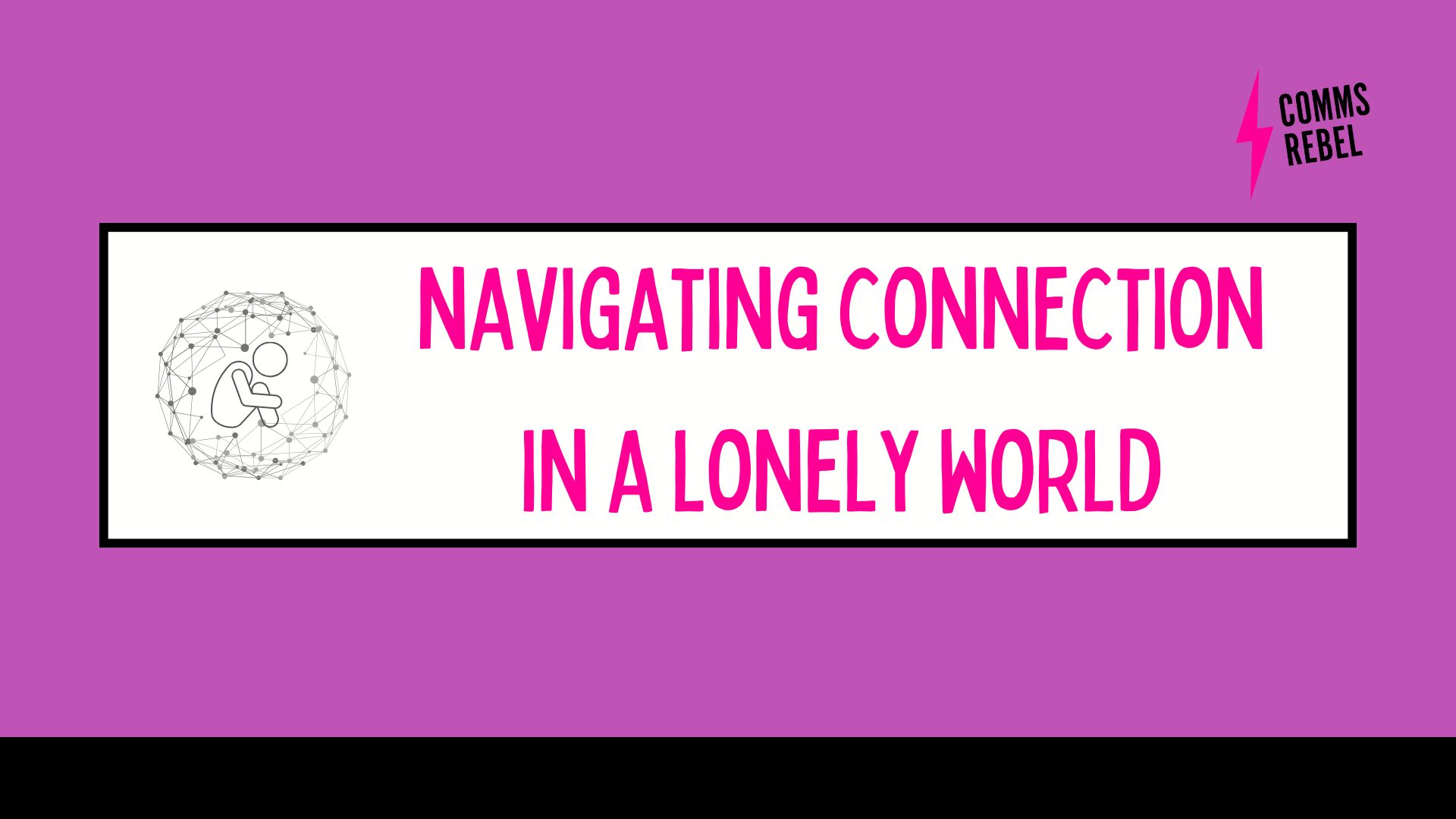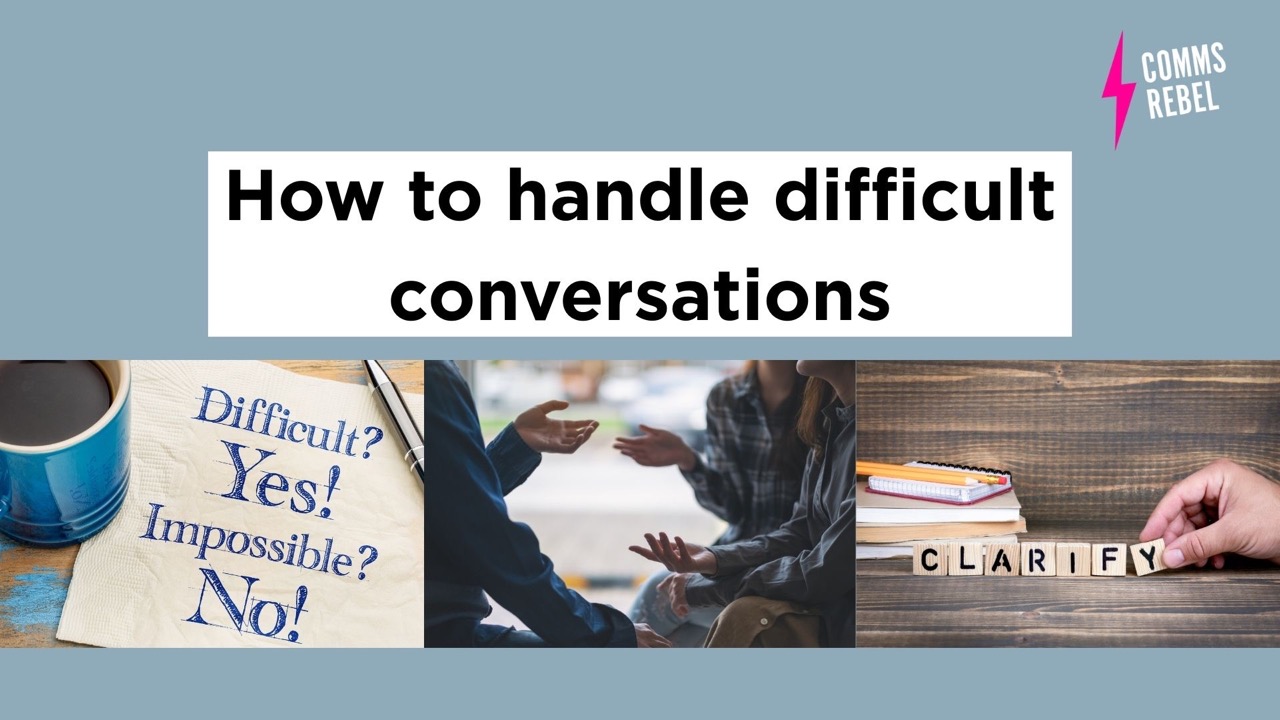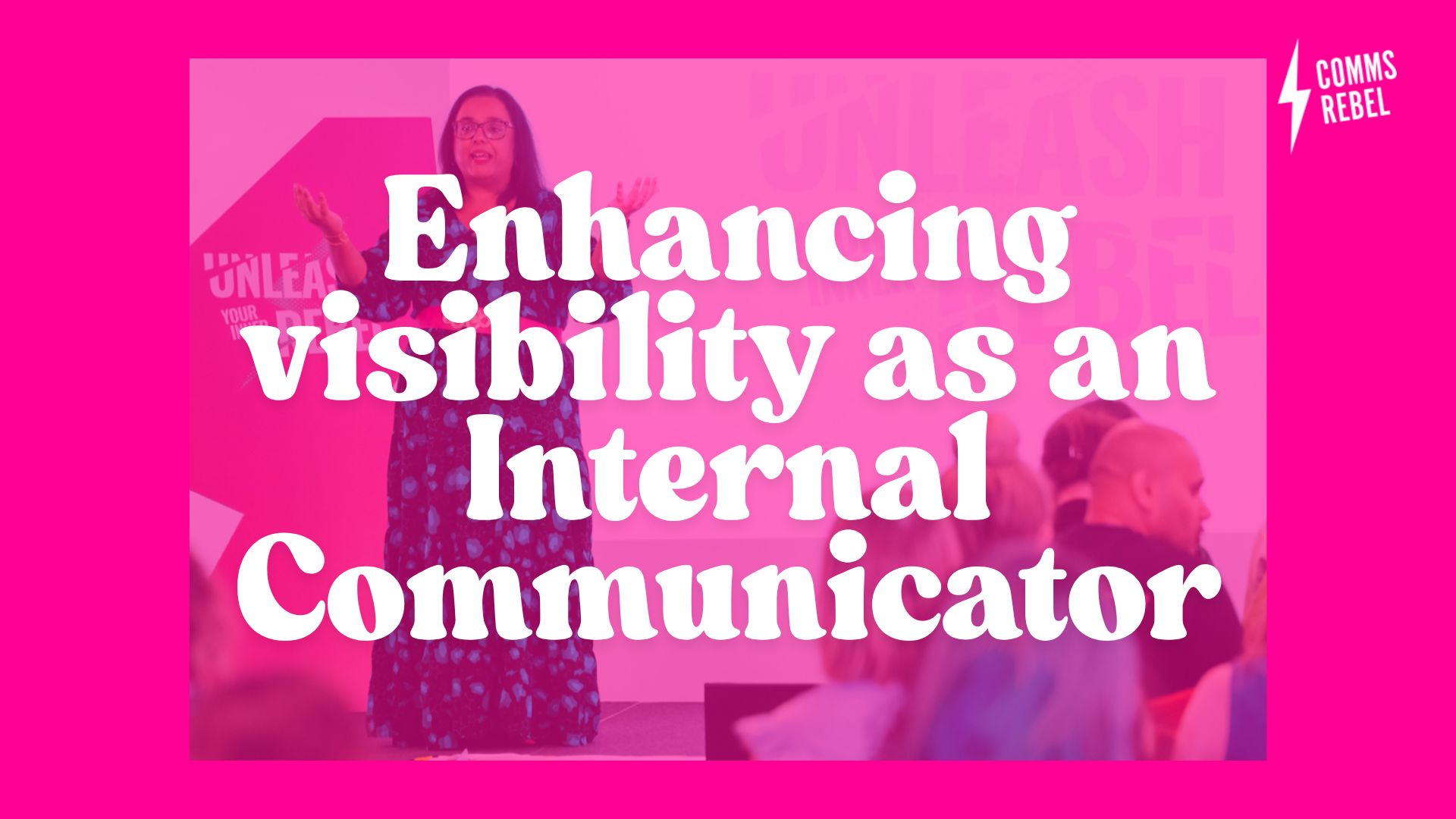“We live in a hyperconnected world, but people have never been as lonely as they are today.” – Elke Geraerts
In an age where technology keeps us constantly connected, loneliness paradoxically looms larger than ever before. We swipe, like, and scroll through endless streams of information, yet the depth of human connection feels increasingly shallow. At the recent Courageous Leadership event hosted by the Amsterdam Business Forum, Elke Geraerts explored this contradiction in her opening talk. Her key message was clear: focus is the antidote to this disconnection, and it’s a skill we need to cultivate now more than ever.
Elke’s session delivered five powerful takeaways that challenge us to rethink how we navigate connection, focus, and leadership in today’s overstimulated world. Let’s delve deeper into these insights while reflecting on why they’re so critical in our search for meaningful relationships and effective leadership.
1. Connection starts with you
Elke began with a powerful statement: meaningful connection begins within. Before we can truly connect with others, we need to define what drives us. She posed a simple but deep question: What’s your mission statement for your life?
We often look outward for validation, but the foundation of connection lies in self-awareness. In a hyperconnected world, it’s easy to lose sight of what matters. We measure our worth through likes and followers rather than by aligning with our deeper values. Developing a personal mission statement grounds us. It provides clarity, helping us engage with others authentically rather than from a place of insecurity.
Takeaway: Write your mission statement. Define what you stand for, what drives you, and what you want to contribute to the world.
2. The future belongs to leaders who balance focus and connection
Elke emphasised that successful leaders of the future will be those who perfect the balance between focus and connection. The modern workplace is rife with distractions such as emails, notifications, meetings, and a culture of constant availability. In this chaos, leaders must model focused behaviour while building genuine connections with their teams.
Connection without focus leads to superficial engagement, while focus without connection breeds isolation. Leaders who can integrate the two will create environments where both productivity and relationships thrive. This is especially important as organisations increasingly prioritise mental well-being alongside performance.
Takeaway: Strive for balance. Prioritise focused work but remain accessible.
3. Multitasking is a myth
Yes, really! One of the biggest myths in today’s workplace is the idea that multitasking boosts productivity. Elke debunked this belief, citing research that shows the opposite: multitasking makes us slower, less accurate, and more stressed. When we split our attention between tasks, we dilute our effectiveness and fail to be fully present.
In an era where notifications constantly compete for our attention, the ability to focus on one task at a time is becoming a superpower. Whether writing an email, having a conversation, or working on a project, deep focus yields better results and reduces stress.
Takeaway: Embrace monotasking. Turn off distractions and give your full attention to the task at hand.
4. “Innovation is saying no to 1,000 things”
Elke quoted Steve Jobs, who famously said, “Innovation is saying no to 1,000 things.” In a world overflowing with opportunities, saying no can feel counterintuitive. However, it’s only by narrowing our focus that we can innovate and excel.
Jobs understood that focus isn’t just about productivity, it’s about prioritisation. The most impactful individuals aren’t those who try to do everything but those who concentrate on doing a few things exceptionally well. This principle applies not only to work but also to personal relationships. Saying no to superficial connections allows us to invest more deeply in meaningful ones.
Takeaway: Start saying no. Whether it’s declining an unnecessary meeting or stepping back from social invites that don’t align with your values, protecting your time and energy is essential for both focus and connection.
5. Shift from automatic pilot to authentic pilot
One of the most transformative ideas from Elke’s talk was the concept of shifting from “automatic pilot” to “authentic pilot.” She drew on Daniel Kahneman’s theory from Thinking, Fast and Slow, which explains that our brains operate in two modes:
- System 1: Fast, automatic, and reactive thinking.
- System 2: Slow, deliberate, and reflective thinking.
Most of us spend 90% of our time in System 1, rushing through life on autopilot. This is especially true in our hyperconnected world, where constant stimulation leaves little room for intentional thought. To break free, we must consciously slow down and engage System 2. This means pausing, reflecting, and being more intentional in how we think, act, and connect.
Takeaway: Practice slowing down. Take a few moments each day to pause, breathe, and reflect. By tapping into System 2, you can approach challenges and relationships with more clarity and authenticity.
The cost of disconnection
The consequences of failing to prioritise focus and connection are serious. Loneliness, often described as the silent epidemic of our time, has far-reaching implications for mental and physical health. In workplaces, it leads to disengagement, burnout, and high turnover.
Our interconnected world has created the illusion of connection while diminishing its substance. Digital interactions often replace face-to-face conversations, and our constant busyness leaves little room for meaningful relationships. Elke’s insights remind us that connection isn’t about quantity, it’s about quality.
A daily practice for connection and focus
To cultivate both connection and focus, Elke shared a powerful daily practice: asking yourself five reflective questions before bed. These questions encourage self-awareness and intentionality, helping you align your actions with your values:
- What did I do today that energised me?
- What did I do today that someone appreciated?
- What did I experience today that made me feel present?
- What distracted me today from living the life I want?
- What is one small change I will make tomorrow?
Focus is the antidote to loneliness
Elke’s talk highlighted that focus is the key to bridging the gap between hyperconnection and loneliness. When we focus on what truly matters, we create deeper connections with ourselves and others.
The path forward isn’t about withdrawing from the digital world but about using it more intentionally. By cultivating focus, we can cut through the noise and rediscover the depth and joy of meaningful connection.
What will you focus on?
Elke’s insights challenge us to pause and reflect. What are you focusing on? Are your connections meaningful? Are you living with intention?
The answers to these questions will shape not only your well-being but also the quality of your leadership and relationships.
CommsRebel positively disrupts workplace cultures through effective internal communication. If you would like to cultivate a thriving inclusive culture so colleagues unleash their full potential, we can help. Please get in touch, and let’s have a chat!
PS. If you enjoyed this post, check out 5 big insights from Brene Brown.


